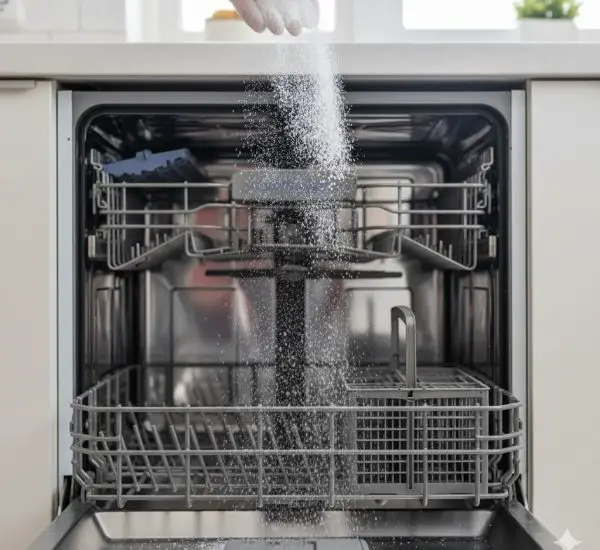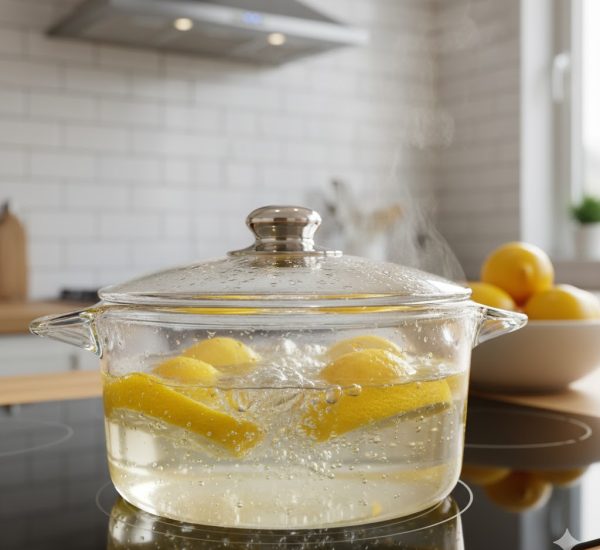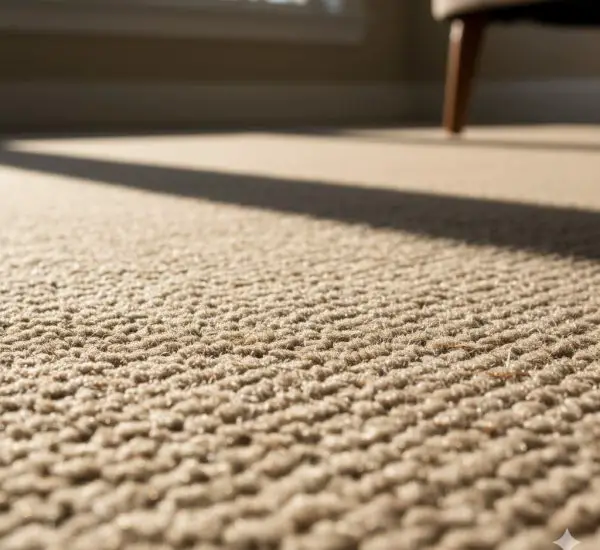At first glance, the idea of using dish soap in your washing machine might sound strange—even risky. After all, we usually associate dish soap with cleaning greasy pans and plates, not delicate fabrics. But many households have discovered that adding a small amount of dish soap to a laundry cycle can actually improve washing results. Used correctly, this simple trick can help eliminate stubborn stains, freshen fabrics, and even maintain the health of your washing machine.
Let’s explore why dish soap works in laundry, the advantages it offers, and the precautions you should keep in mind.
Why Dish Soap Works on Laundry
Dish soap is designed with one main purpose: to cut through grease and grime. It contains powerful surfactants that break down oils and lift away food residues. These same properties make it surprisingly effective on fabric stains that regular laundry detergents sometimes struggle with—such as grease, oil, makeup, or food spills.
When combined with standard laundry detergent, dish soap acts as a booster. Just a small amount can make a noticeable difference in how thoroughly clothes are cleaned. Fabrics come out looking brighter, smelling fresher, and feeling softer.
The Key Benefits of Using Dish Soap in the Washing Machine
-
Tough stain remover
Dish soap is particularly effective against oily or greasy stains, which are often resistant to standard laundry detergents. Adding just one or two tablespoons to the wash helps dissolve stubborn marks, leaving clothes cleaner. -
Deep cleaning for heavily soiled clothes
For work uniforms, sports gear, or items exposed to sweat and dirt, dish soap provides extra cleaning power. Its grease-cutting formula breaks down layers of grime, ensuring fabrics are not only visibly cleaner but also free from embedded particles that cause odors. -
Odor elimination
Persistent smells in laundry, such as sweat or cooking odors, can be difficult to remove. Dish soap has mild disinfecting and deodorizing properties that help neutralize these smells, leaving clothes fresh after every wash. -
Washing machine maintenance
Over time, laundry detergents can leave residues inside the drum, hoses, and detergent drawer of a washing machine. These buildups reduce efficiency and may cause unpleasant odors. Dish soap, thanks to its degreasing action, helps dissolve these residues, keeping the machine cleaner and working more effectively. -
Cost savings
Dish soap is generally more affordable than specialized stain removers or laundry boosters. By using it in small amounts alongside your regular detergent, you can achieve excellent results without the need for extra products, saving money over the long term.
How to Use Dish Soap in the Washing Machine
While dish soap has clear advantages, it’s essential to use it properly. The most important thing to remember is moderation. Dish soap produces more foam than laundry detergent, and too much can overwhelm your washing machine, causing excessive suds and drainage problems.
-
Recommended amount: Use just one to two tablespoons of dish soap per wash, depending on the size of your load and the level of soiling.
-
Combine with laundry detergent: Dish soap works best when added alongside your regular laundry detergent, enhancing its cleaning power without replacing it.
-
Best suited for: Greasy stains, sports clothing, uniforms, towels, and heavily soiled laundry.
-
Avoid for delicate fabrics: Certain delicate fabrics, such as silk or wool, may not respond well to the strong degreasing agents in dish soap. Stick to durable everyday fabrics like cotton, polyester, or blends.
Expert Advice and Precautions
Before making dish soap part of your laundry routine, keep the following tips in mind:
-
Avoid overuse: More soap does not equal cleaner clothes. Excessive foam can trap dirt instead of rinsing it away.
-
Run an extra rinse if needed: If you notice soap residue on clothes after washing, simply run an additional rinse cycle to remove it.
-
Don’t confuse with dishwasher detergent: Only use regular dish soap designed for handwashing dishes, not the detergent used in dishwashers. Dishwasher detergent contains harsher chemicals unsuitable for fabrics.
-
Use in moderation on colored fabrics: Some dish soaps may contain brighteners or degreasers that could affect fabric dyes over time. If in doubt, test on a small area first.
When Dish Soap Is Most Useful
While dish soap doesn’t need to be added to every single wash, it can be a game-changer in certain situations:
-
Work clothes: For those working in kitchens, garages, or workshops, dish soap helps break down oil and grease embedded in uniforms.
-
Sportswear: Gym clothes and running gear often hold onto sweat and odor. Dish soap provides the extra cleaning power needed to neutralize stubborn smells.
-
Kitchen linens: Dish towels, aprons, and oven mitts often accumulate greasy stains—exactly the kind dish soap was made to handle.
-
Laundry rescue: If a particular stain won’t come out with regular detergent, pretreating with a drop of dish soap before washing can save the garment.
Final Thoughts
Using dish soap in the washing machine might sound unconventional, but when done correctly, it’s an effective and budget-friendly way to boost laundry results. Its grease-cutting formula removes stubborn stains, refreshes fabrics, eliminates odors, and even helps keep your washing machine cleaner.
The key is moderation—just a spoonful or two per load is enough. Combined with your regular detergent, dish soap can transform the way your clothes look and feel, especially when dealing with tough stains or heavily soiled garments.
So next time you struggle with laundry that needs a deeper clean, consider reaching for that bottle of dish soap. It may just be the simple household trick that changes your washing routine for the better.



